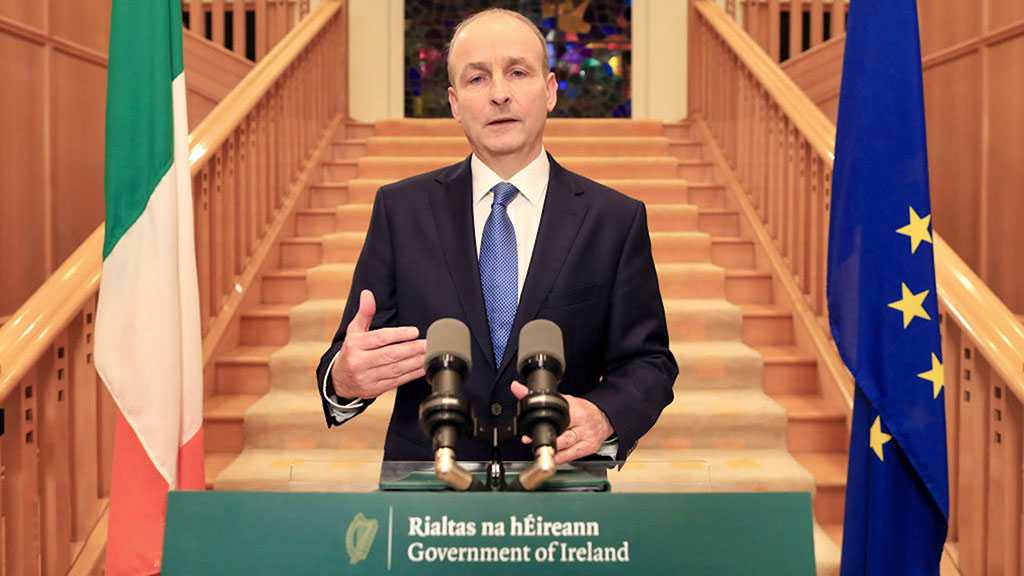French Constitutional Council Rejects Pension Referendum Call Amid Ongoing Strikes

By Staff, Agencies
France’s highest constitutional authority has rejected a bid to hold a referendum on French President Emmanuel Macron’s decision to raise the retirement age to 64 on the grounds that the request did not meet the required criteria.
The Constitutional Council on Wednesday ruled that the proposed legislation doesn’t address a required “reform regarding social policy … and therefore judges that it does not satisfy conditions” set out in the French Constitution.
Around 250 left-wing opposition lawmakers had requested the public vote in a bid to thwart Macron's plan to raise the retirement age to 64 from 62, notably via a possible referendum or new bill. The so-called reform plan has sparked four months of protests and strikes across the country.
The Constitutional Council’s role was to assess whether the opposition’s request meets the legal conditions for a potential referendum. Had it been accepted, supporters would have had nine months to collect signatures from at least 4.8 million, or 10%, of French voters.
Macron’s government would then have been able to choose between sending the opposition’s text to parliament for debate and eventually a vote, or waiting for six months to put the measure before voters in a referendum. The proposal would only have gone to a national referendum if it weren't debated by lawmakers.
The Constitutional Council rejected a similar proposal in April. The authors revised the measure to add language stating that a change in the financing of France’s pension system is needed.
The referendum procedure hasn’t succeeded since it went into force in 2015.
Back in March, the French government pushed the contested pension law through parliament, using an emergency constitutional tool that avoided a vote in the National Assembly.
The National Assembly, which is the lower house of the French Parliament, is expected to review a draft legislation on the repeal of the pension reform handed in by the Liberties, Independents, Overseas and Territories [LIOT] opposition parliamentary group.
Apart from the retirement age raise, the legislation also requires people to work 43 years to receive a full pension, among other changes to the system.
After France’s highest court approved the law, Macron ignored calls to delay its enactment by signing it, in a move that fueled public anger and unleashed the country’s biggest protests in years.
Unions have already called for more strikes on June 6 to maintain pressure on the government with a 14th day of nationwide protests that began in mid-January and still have strong public backing.
The most recent marches on Monday saw the biggest turnout in more than two decades for the Labor Day holiday, which is typically dedicated to workers’ rights.
The event saw violent clashes between some protesters and police. Police in Paris and other major cities fired tear gas to disperse the protesters.
The French Interior Minister Gerald Darmanin told reporters that at least 108 police were wounded and 291 people detained across France.
Paris has already imploded with the total cost of damage in the city since January amounting to almost 1.6 million euros, Vice Mayor of Paris Emmanuel Gregoire told French media last week.
The CGT union, however, said it counted 2.3 million protesters across France, including 550,000 in the capital. The turnout was massively higher than May Day last year.
Mass rallies on Monday echoed growing criticism in the European country of the police for the disproportionate use of force in dealing with demonstrators.




